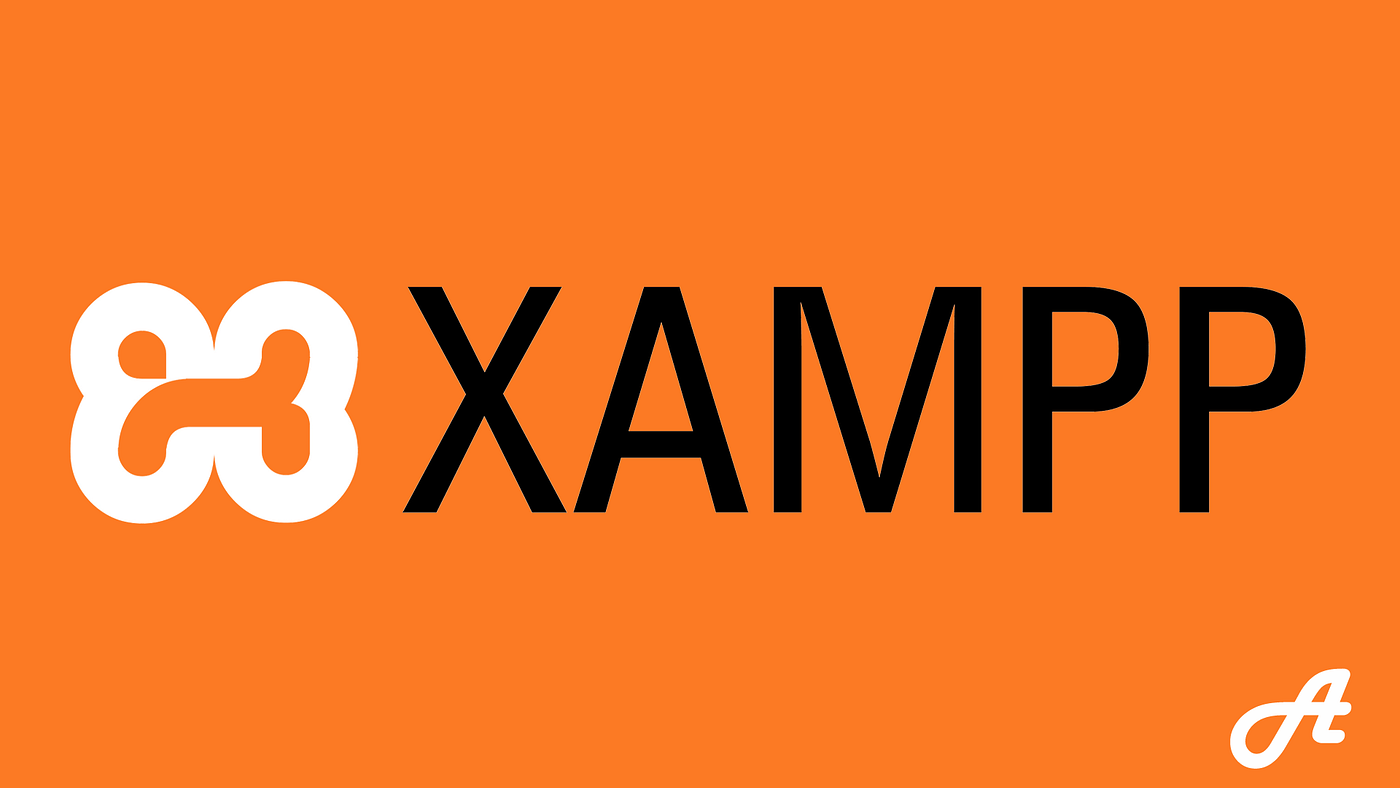
I had to write this article cause I couldn’t find any complete solution to help people out with updating XAMPP in Windows. Well, finally here is an easy to understand, step by step guide to upgrade XAMPP that actually works. Kudos!
SOME MAJOR CHANGES!
If you are updating XAMPP after a long time like me than be ready for some major changes. XAMPP no longer comes with the MySQL server. Since XAMPP 5.5.30 and 5.6.14, XAMPP ships MariaDB instead of MySQL. So copy pasting the mysql data files from old to new xampp won’t work anymore!
THE CHALLENGES!
While updating XAMPP we basically face 2 challenges
- Moving all the site files. This portion is easy, just a simple copy paste will do the trick.
- Moving all the databases to the new server. And most often this is the main reason why most people do not update XAMPP very often. Cause backing up all the databases one by one and then importing them to the new server is a long and really boring task.
THE COMPLETE SOLUTION:
Follow the steps below and your XAMPP will be updated in no time!
BACKUP OLD DATA!
Lets backup all the databases first
- Open XAMPP Control Panel as an Administrator
- Click on the Shell option
- run the following command
mysqldump -u root -p --all-databases > all-db-dump.sql - If you have different user for databases then change the value ‘
root’ with username. If you don’t have any password just press enter. Otherwise provide the password. - This will create a SQL file named “all-db-dump.sql” that contains all the databases in MySQL server. You will find this file in xampp folder.
- Now stop both Apachee and MySQL servers and quit the xampp control panel. Close the command prompt too.
- Now rename your ‘xampp’ folder to ‘xampp-old’. This way if anything goes wrong you will be able to get back to the old version very easily.
TIME TO INSTALL THE NEW ONE!
- Download the latest version of XAMPP.
- Install it in the same drive where your old Xampp originally was.
- Now go to xampp folder and run the xampp control panel as Administrator.
- Start both Apachee and MySQL server and check whether they are working properly or not, also check PhpMyAdmin page.
- Now Copy the htdocs folder from ‘xampp-old’ folder to ‘xampp’ folder.
- Go to
xampp\php\php.ini - You can use CLI for importing database. It helps especially with very big databases. If so you can jump to step 19. If not follow the remaining steps.
- Now configure the php.ini file and increase the value for the following options
upload_max_filesize,memory_limit,post_max_size. post_max_sizeandmemory_limitneed to be larger thanupload_max_filesize. Make them high enough so big files can work on the server.- Go to
‘xampp\phpMyAdmin\libraries\config.default.php’ - Look for
$cfg[‘ExecTimeLimit’] = 600; - Change the value 600 to a higher value may be 6000.
- Now restart both Apache and MySQL server.
- Now go to phpMyAdmin
- Go to Import tab
- Import ‘all-db-dump.sql’ file through the import option directly to server.
- Based on how many databases you have it will take some time.
- If you have followed all the steps correctly you will get a success message “ Import has been successfully finished”.
- After that run the following command
mysql_upgradein the Shell option. - Go ahead and check whether your site and databases are working properly or not.
- If everything is working fine than you can delete the xampp-old file.
If you have followed my instructions then you should have a functioning XAMPP with no issues. If you do face any problem take a look at the comment section. Some amazing people shared their problems and solutions there. If you still have issues then please leave a comment and I will do my best to get back to you.
If this post helped you show some love with claps and comments. Also you can Buy me Coffee(read support me) to keep up the good work.




